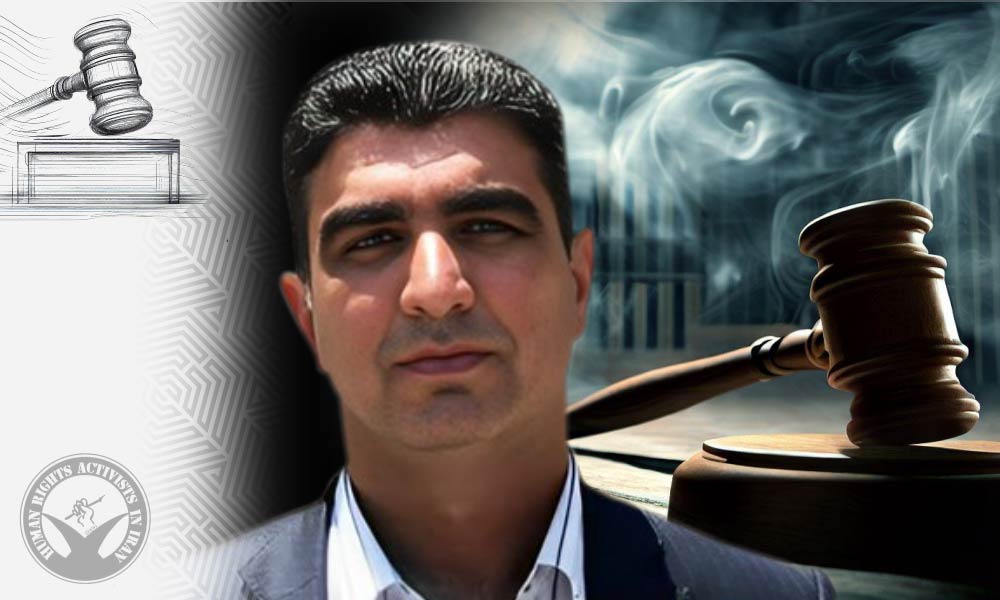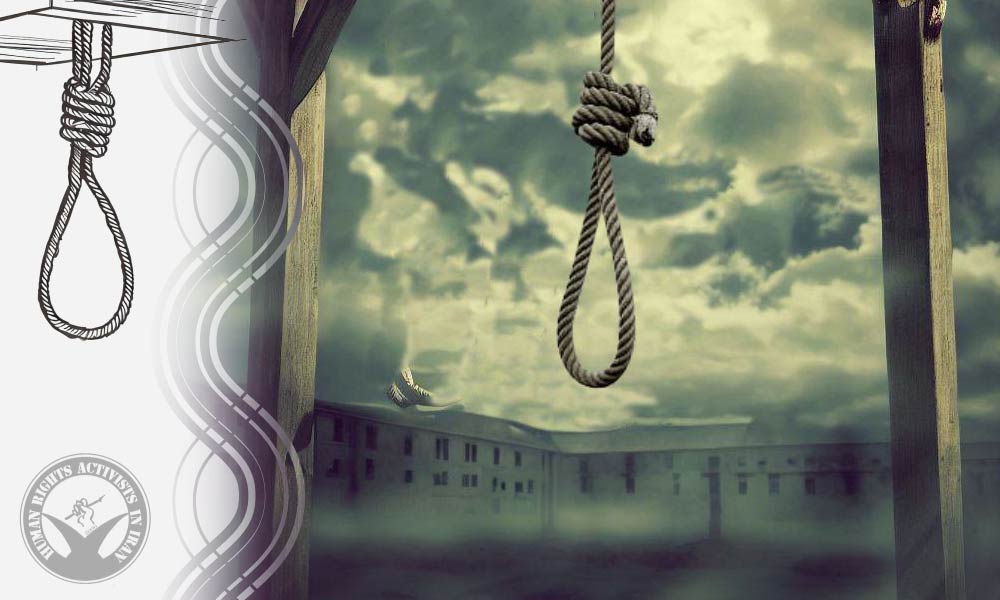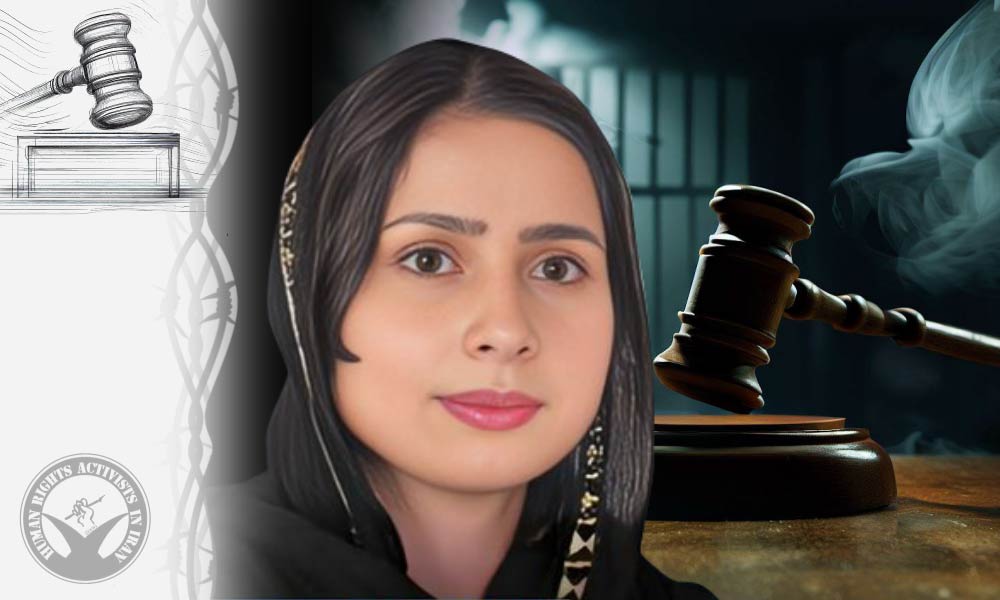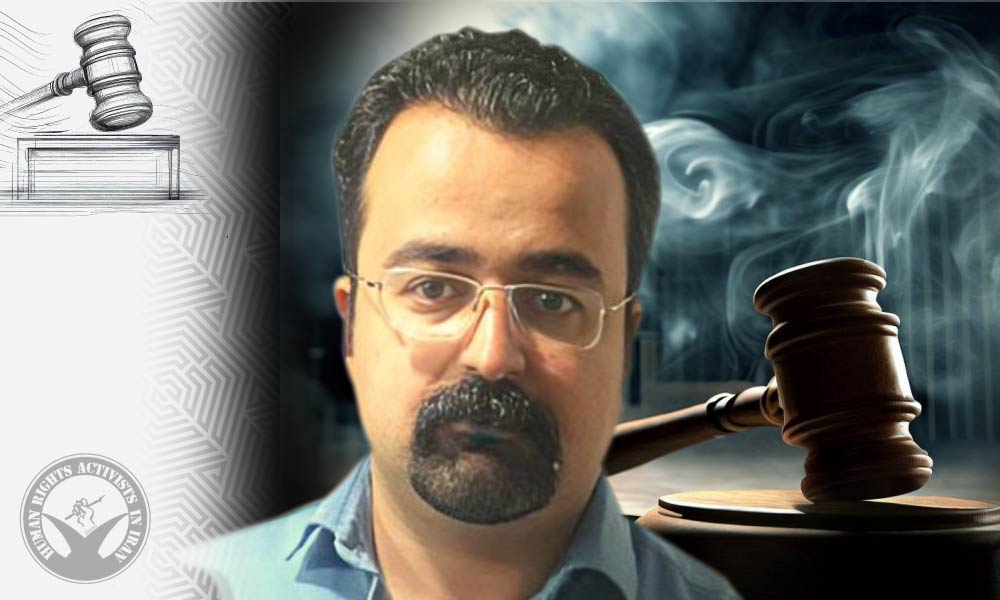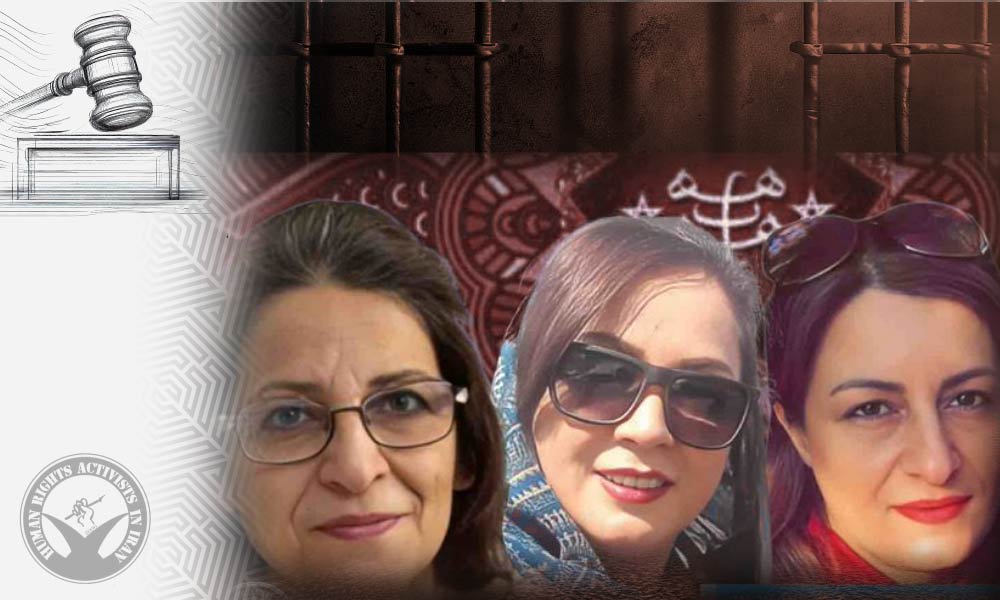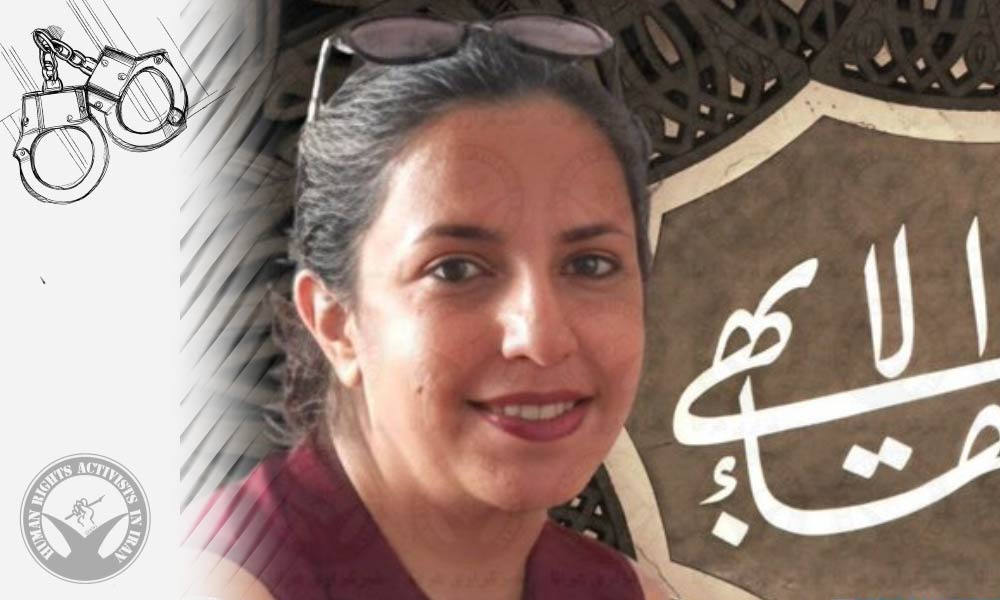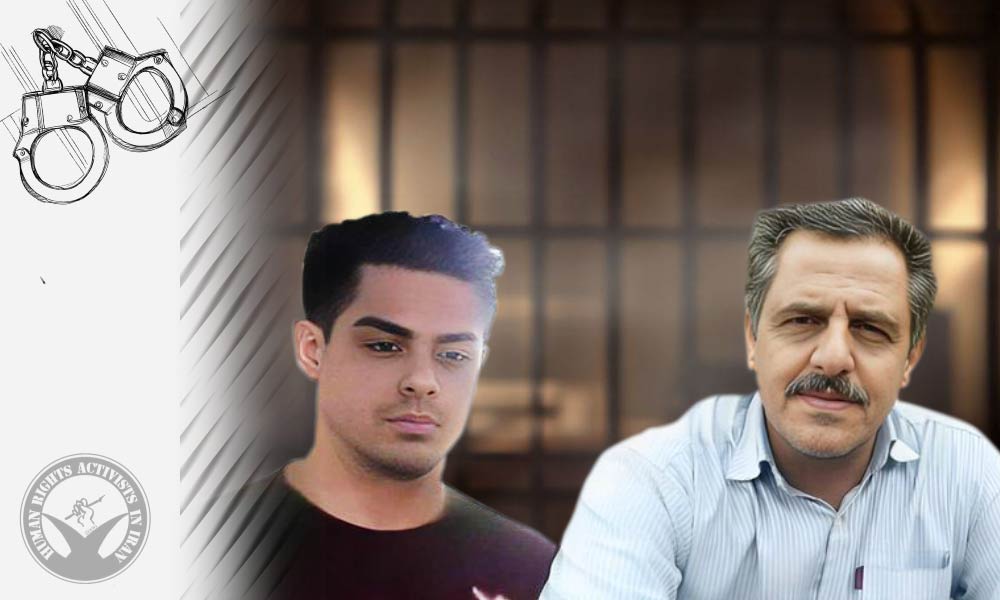Lawyer Khosrow Alikurdi has been sentenced to one year in prison by the Mashhad Revolutionary Court. In addition to the imprisonment, he faces several other penalties, including a ban on practicing law, a travel ban, mandatory residence in Nehbandan, South Khorasan province, and a prohibition on engaging in social media activities, all enforced for a period of two years.
Alikurdi disclosed this verdict to the public, revealing that he was convicted of “propaganda against the regime in favor of anti-regime groups.”
On August 1, 2023, Alikurdi was arrested and incarcerated in Vakilabad Prison following his presence at the Mashhad Courthouse. He was released on bail from Vakilabad Prison after spending four days in custody.
Another facet of this legal saga involves a previous sentence imposed on Alikurdi, requiring him to pay a fine for “disseminating false information and breaching confidentiality.”



